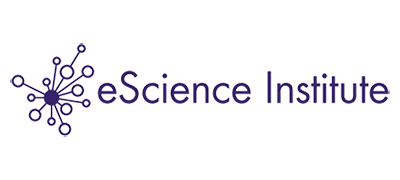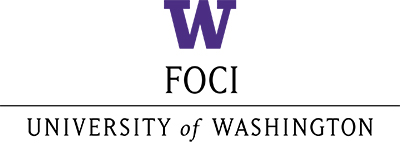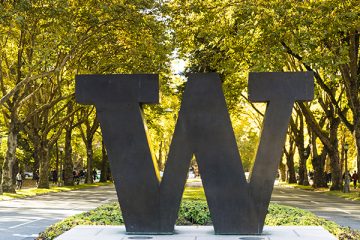Our researchers are driving innovation across the entire hardware, software and network stack to make computer systems more reliable, efficient and secure.
From internet-scale networks, to next-generation chip designs, to deep learning frameworks and more, we build and refine the devices and applications that individuals, industries and, indeed, entire economies depend upon every day.
Research Groups & Labs
Bespoke Silicon Group
The Bespoke Silicon Group aims to bring hardware design to its highest art and rapidly conceive of, design and implement entirely new kinds of hardware faster than has ever been done before.

Information and Communication Technology for Development (ICTD) Lab
The ICTD Lab explores how technology can improve the lives of underserved populations in low-income regions through research spanning HCI, systems, communication and data analytics.
Faculty Members
Centers & Initiatives
The eScience Institute empowers researchers and students in all fields to answer fundamental questions through the use of large, complex, and noisy data. As the hub of data-intensive discovery on campus, we lead a community of innovators in the techniques, technologies, and best practices of data science and the fields that depend on them.
The UW Center for the Future of Cloud Infrastructure (FOCI) aims to foster a tight partnership between practitioners and researchers in both industry and academia to define the next generation of cloud infrastructure to achieve new levels of security, reliability, performance along with cost-efficiency and environmental sustainability.
Highlights
Allen School News
Allen School News
UW News









